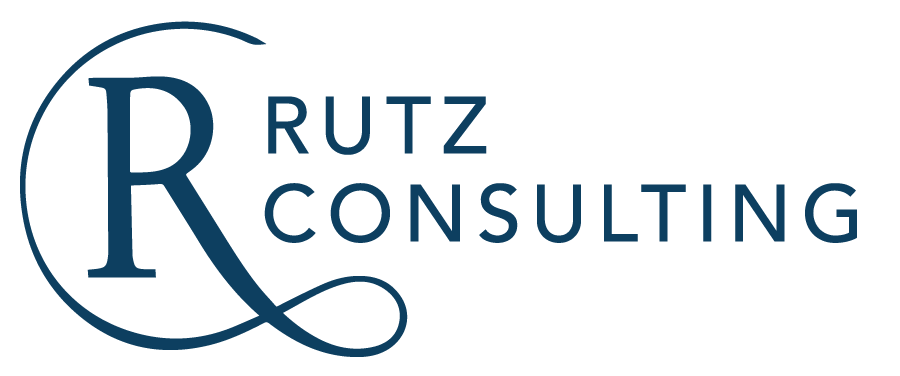Core Values should translate into all areas of business. There are so many ways I could metaphorically describe them…
- A moral compass for ever stakeholder.
- The driving force of a company.
- A map to every decision made.
- Your key recruitment indicator.
I can carry on, but the point is, your core values should filter through every single layer of the company from the top to the bottom, from left to right, and span each decision, and action taken.
When core values are not adhered to, things can fall down. Expectations are not met, and reputations can be damaged.
One example which stands out for me is that of a recent experience with a trainline
Their values encompassed the following:
Honesty, Ethics & Integrity. We shall adhere to the virtuous attributes of transparency, truthfulness, straightforwardness and being morally correct under all circumstances.
Inspire Commitment with complete Ownership We shall work, lead and live in a way that inspires & motivates others within and outside the organisation, whilst taking complete responsibility of our job to achieve organization goals.
Trust We shall act with and maintain the trust of all our stakeholders including the employees, customers, vendors, partners, investors and the entire ecosystem/ value chain of our business domains.
Excellence in all our actions We shall invest in our teams and our processes to continuously raise the benchmarks across the board and achieve excellence in all our activities.
As we know, these values should translate across everything, so we can start to ask questions…
How does this show at the ticket booth?
How long is the queue?
How many staff are working?
What training have the staff had?
What greetings are used?
Are pricing structures transparent and honest?
How easy is it to find the ticket booth?
How do those values translate at time of booking, or when changing the booking?
What are ticket changing policies?
Is the booking procedure ‘straightforward’ and easy to understand?
How easy is it to contact Eurostar to change a booking?
How quickly can changes be made and tickets purchased?
How does communication between teams work?
These are the kinds of questions which need to be continually asked in order to ensure every system, procedure and operation put in place adheres to the company values.
When observing the customer interactions at the station the following happened:
A couple are at the premier desk, totally exhausted. They had traveled from Venice to Paris, (first class might I add!) with quite a lot of luggage.
The problem? They missed their train due to interruptions on their journey.
Now the couple are required to buy a new first class ticket from Paris to London, costing over €600 for the two of them.
Having travelled for so long already they asked:
Couple: Can we use the lounge?
Agents response: No, you can only access the lounge 90 min prior to departure!
Couple: Could we get a porter to store their luggage for half a day?
Agent response: No, we don’t offer porter services. You can go to the other end f the station and request a porter there.
Now bearing in mind:
The values of:
“inspired commitment with complete ownership”
and “excellence in all our actions”;
AND
that the customer paid a significant amount of money for his journey (no refund given on the old ticket as apparently the delay was not Eurostar’s fault)
It begs the question: How does this translate into the excellent customer experience in line with company values?
In short it doesn’t. This is the kind of daily interaction that should be taken as an example of company attitude, so they can clearly evaluate their actions in line with their values.







